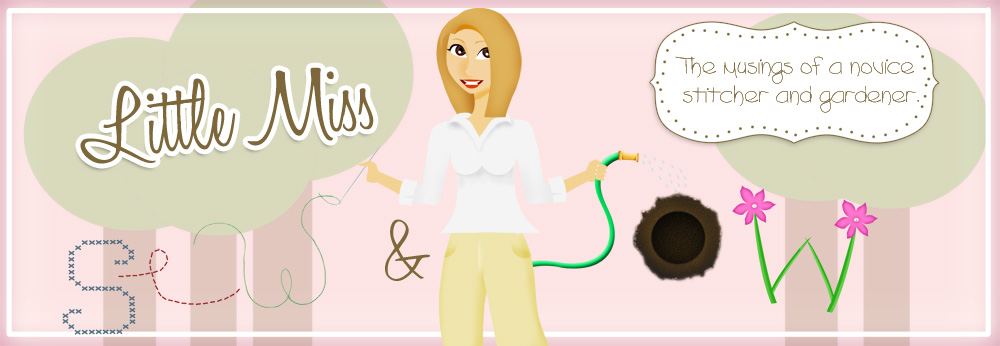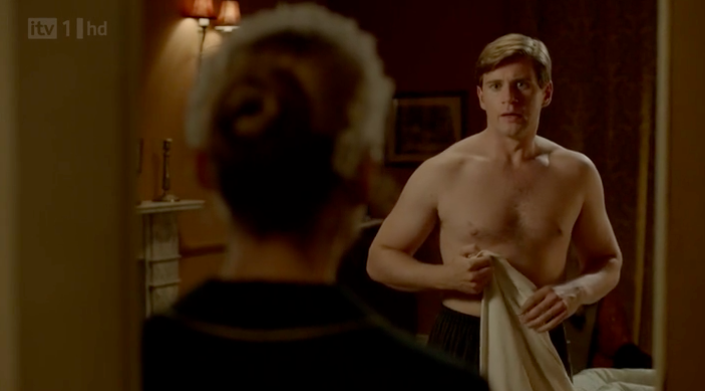With my return to work looming mid-month, I am full of mixed feelings. I am fortunate to have a job at a school where there is infant care. I
am fortunate to work with people who are sympathetic to the working
mother. Not everyone is that fortunate. I got 8 weeks (usually it's 6, but I had a c-section) at 60% pay, then another 6 weeks under "maternal bonding" at 60% pay. Yes, it's better than nothing. But take a look at this comparison of the U.S. v. the rest of the world, when it comes to parental leave.

I nursed W exclusively for nearly 7 months, and gradually tapered off,
stopping bedtime nursing when he was 2-and-a-half. Plan to do the same
for J. It will be more challenging this time, though, as I am heading
back to work soon and will have to pump (space to be
determined). I am under no illusions that it will be easy.
Disclaimer: Of course, I am in the "breast is best" column. But some of my dear friends have self-proclaimed "milk duds", and I don't fault them one bit. To quote Eeyore, "We can't all, and some of us don't."
That said, check out this article a fellow Smithie posted on FB from the NYTimes.
Breast-feeding mothers still need support.
Much
of the narrative around breast-feeding of late about the “backlash.” In
one segment of society, breast-feeding is seen as nearly ubiquitous —
so ubiquitous that to do anything else, no matter the reason, is to
court disapproval and even condemnation. When you read an article on the
necessity of defending that choice (like those from Marie C. Baca,
writing here and Chris Kornelis, writing for The Atlantic), you might think that only the “fearless formula feeder”
needs support, while the triumphant nursing mother, saluted by the
phrase “breast is best,” revels in the security of a job well done.
You
would be wrong. And creating an artificial sense of division between
those mothers based on how they feed their babies distracts us from the
real problem: how little we do to support either mother. In some cases,
it’s that lack of support that creates the distinction.
With the United States ranked last in breast-feeding support by Save the Children in its State of the World’s Mothers report for 2012;
with nearly 40 percent of women not eligible for maternity leave under
the Family and Medical Leave Act; and with every individual woman
responsible for cobbling together a structure that will allow her to
care for her infant while still putting a roof over the baby’s head, new
mothers need all the support they can get, and they aren’t getting
much. Breast-feeding mothers, or mothers who hope to breast-feed, need
to be present for their infant (or their breast pump) in ways that make
that lack of support even more challenging. A pat on the back from your
doctor and the approbation of the mothers down the block may be nice,
but that and a MetroCard will get you a subway ride to work and not much
else.
As I’ve written here before, breast-feeding isn’t free.
It takes time to nurse a baby, and anyone with a job that pays by the
hour knows in a deeply personal way that time is money. Pumping mothers
who have to ask for special dispensation to pump at work are often
perceived as costing their employers in lost time. Women who breast-feed
for six months or more experience a decline in income with
long-reaching effects. Breast milk has costs that can be measured in
economic terms, and individual families are the ones that bear them.
The
W.K. Kellogg Foundation recently surveyed 1,300 Americans about their
attitudes toward breast-feeding. The questions were couched in positive
terms (as befits an organization working to build a movement supporting breast-feeding), and the responses were overwhelmingly positive as well.
62
percent of respondents strongly agreed that “all women should be
encouraged to breast-feed because of the health benefits for babies and
society” (and an additional 25 percent agreed).
61
percent strongly agreed that “whether or not a woman breast-feeds
should not be dictated by the quality of health care she receives or her
work situation” (and an additional 21 percent agreed).
61
percent strongly agreed that “everyone can play a role in making it
easier for mothers who want to breast-feed” (and another 24 percent
agreed).
Respondents were also asked what might make
it easier for women in this country to breast-feed their children. Among
the things that a majority thought would be “very helpful”: clean,
private spaces in public places where women can go to breast-feed their
children. Pamphlets. Discussions. Workplaces that support breast-feeding
mothers by offering space to pump and a place to store breast milk.
Things
got a little iffy when those same enthusiastic supporters of
breast-feeding were asked if “government policies that support
breast-feeding” would be helpful: only 41 percent said “very.” And then
there’s the question that wasn’t asked: if 72 percent of you agree or
strongly agree that “all babies should be breast-fed exclusively for a
minimum of six months as recommended by the American Academy of
Pediatrics,” then wouldn’t it be “very helpful” if the mothers of those
babies could all take at least some paid time off to do just that?
Who thinks many of those respondents would have put their money where their mouth is, even in responding to a survey?
It’s
time to ask. We don’t, as a society, put our money on breast-feeding.
We recommend it, but we don’t pay for it. Women who go back to work
quickly after having a baby are less likely to breast-feed, and many women in the United States have no choice but to return to work as soon as they’re able. Only 11 percent of
all private-industry workers have access to paid family leave. Among
state and local government employees, the number is slightly higher — 16
percent. Federal workers don’t get any, though all employees may be
able to use accrued sick leave. Hotel chains, box stores, casual dining —
those may be where the jobs are, but most aren’t where you’ll find a
maternity-leave benefit for hourly workers. We’d all have to pay another
nickel for that giant roll of paper towels, motel room or chimichanga.
Of
course, you can breast-feed a baby exclusively and still go back to
work the minute you’re back on your feet. You can do it if you’re a
C.E.O. who installs a nursery next to her office, and you can do it if
you’re a line worker in an assembly plant with enough breaks to pump for
an infant eating every two hours, or maybe have a relative willing to
bring the baby by to actually nurse. Granted, you might be working heavy
equipment on a minimum of sleep, but that’s a small price to pay to
further our national credo: we’re all in this alone.
In a Your Money
column, Tara Siegel Bernard wrote about the many benefits to families,
babies, employers and society from paid maternal-leave policies: lower
infant mortality rates, lower illness and hospitalization rates for
infants who are more likely to be breast-fed, benefits to women’s
health, and economic gains from reducing health-care costs and women’s
overall time out of the work force. Yet the United States is the only
advanced economy without some form of paid leave.
Paid leave
wouldn’t automatically lead to breast-feeding for all, nor should it.
The argument for supporting the opportunity to breast-feed among all
women, rather than making breast milk a luxury good, isn’t one over
whether “breast is best.” It’s an argument about how we do, and don’t,
support families, and about whether we as a society will ever accept
that every one of us benefits when our children are given every
opportunity to thrive.




















